This story presented by Tamriko Sholi, talented writer about a girl from Donbas, which was stuffed with Russian culture and dangerous narratives all her childhood and realized that in adult life.
“A few years ago, a German friend asked me to show him a movie from my childhood that I loved. I found “Brother” with English subtitles. The German was not impressed at all, but I knew every word by heart and sang every song almost with tears in my eyes. Then I told him that in my childhood in Luhansk, all my girlfriends were in love with Danylo Bahrov. He asked, “What, you were in love with this antisocial bandit too?” I shook my head in agreement and began to argue that he was not a bandit. And… I only recently realized how right that German was.
I am a vivid example of the Russification of the nineties in Donbas. And I’m a doubly easy target, because I’m also half Georgian, and in Ukraine I was constantly asked where I came from, and during the Chechen war I was also teased as a “refugee.” So, on the one hand, I realized from childhood that I didn’t fit into the context a little bit, and on the other hand, I was also stuffed with Russian culture and dangerous narratives. It seems that we didn’t have Ukrainian-language schools in Luhansk at all back then (maybe only classes; however, this needs to be checked, I’m not saying for sure). I remember when my sister told me in my eighth grade that the university was only teaching in Ukrainian, and I threw a tantrum because it was a language that was foreign to me and “some kind of secondary, rural language.” No, my parents didn’t teach me this (they had a lot of other serious problems with how to survive, and a few personal family tragedies to boot). I was taught this by the culture that surrounded me at the time: all these romantic criminal elements from my brother, streets of broken lanterns, gangster St. Petersburg, etc.
Even I, a girl, had these crippled cops (!) on my diary, instead of something more appropriate for that age. I learned about The VYO and Territory A when I was 18, by chance, in a conversation with a friend (when I was already living in Kyiv). I visited Lviv for the first time at 19 (and immediately sold my heart and soul to it). At the time, I thought: “Wow, could Ukraine really be like this?” I saw a lot of things for the first time. And a lot of new interesting words like “fayno”, “knaypa”, “kravatka”…
I first heard the word “Russification” in the eleventh grade, when a guy in my new group of friends in Kyiv was singing “Ona” from Jeremiah’s Lamentations on the guitar (Vova, hello!). I didn’t pay much attention at the time, because I thought it was something pathetic, and I had no idea that I was a vivid example of this process. That I was Russified. Because at the time I sincerely believed that there were no cool Ukrainian performers, actors, or writers. But they have always existed, they just weren’t given the opportunity to spread. Instead, I was filled with these criminal elements and vulgar, objectified girls from across the pond. And we teenagers consumed this “culture” in dirty abandoned unfinished buildings or in basements.
All this made me the person I am. With all the flaws, sometimes antisocial behavioral traits, and a complete lack of national self-identification (which, let me remind you, in my case was further complicated by a difficult relationship with my Georgian father). But thanks to my parents, despite everything, I did not grow up to be an idiot and generally have a good level of critical thinking. This (as well as my openness to new things and my desire to communicate with people of other nationalities, wealth, age, and even values) allowed me to realize one day that I was completely Russified. At that moment, I almost threw up.
All of my teenage ideals turned out to be a betrayal, even the language I had nurtured into a professional skill! After all, I am a journalist and writer, and I started working with words/writing/ as soon as I picked up a pencil, and for nineteen years I have experienced almost all the shades of the language in which I wrote and which was liked by a huge number of people-with a huge “but”: this language is alien to me and I have no relation to it by blood. It’s unpleasant to realize that I, a child of Georgia and Ukraine, am fluent in Russian (!), not Georgian or Ukrainian. But a much more terrifying realization is that this is not just the result of territorial proximity to another country (when the diffusion of cultures is a natural process), no. This is a planned process over the years, when a huge number of people were deliberately targeted, implanted with dangerous narratives (romanticization of crime) and Russified, in order to start a war and start destroying lives at the right time. The lives of innocent children who sleep peacefully in their beds or hide in a drama theater…
For more than thirty-five years, I have been striving to understand my national identity (those who have been reading me for a long time know what an important and painful, intimate topic this is for me). And now I can form it. In a long but precise sentence: I am a Russified Ukrainian-Georgian. And this is not my fault, but it is my responsibility. I am an adult and it is up to me to decide what to do with this realized fact in the future. I am the only one who can start changing something, starting with myself.
I often ask myself how my life might have turned out if my father had not been Georgian and I had not had a Caucasian appearance. Or if I had been born in Kyiv or Chernivtsi. If I had gone to a Ukrainian-language school in Ukraine. If the nineties and all those “bandit cops and danil bagrov ” had never happened in my life. But this is my path, and now only I, an adult, am responsible for my choices. I did not have a childhood, not only for personal and family reasons, but also for political and cultural reasons. Now I have to rebuild myself and look at everything with new eyes. Well, it is what it is. But you know, recently my German boyfriend (not the one at the beginning of this post, he was just a good friend) asked me if we could look for something with subtitles to watch from my childhood. And I was so excited to show him Alpha in Ukrainian translation! That’s because they created a masterpiece for all time. And, perhaps, it is because this little pleasant episode was in my childhood that I was able to draw the right conclusions.”
Tamriko Sholi
Tags: donbas Russia russia ukraine war Ukraine
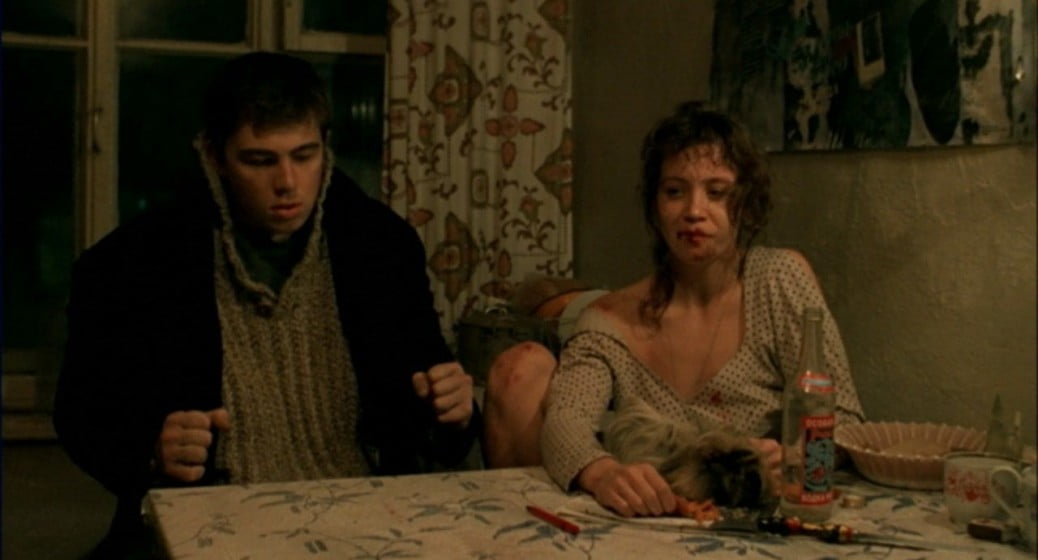
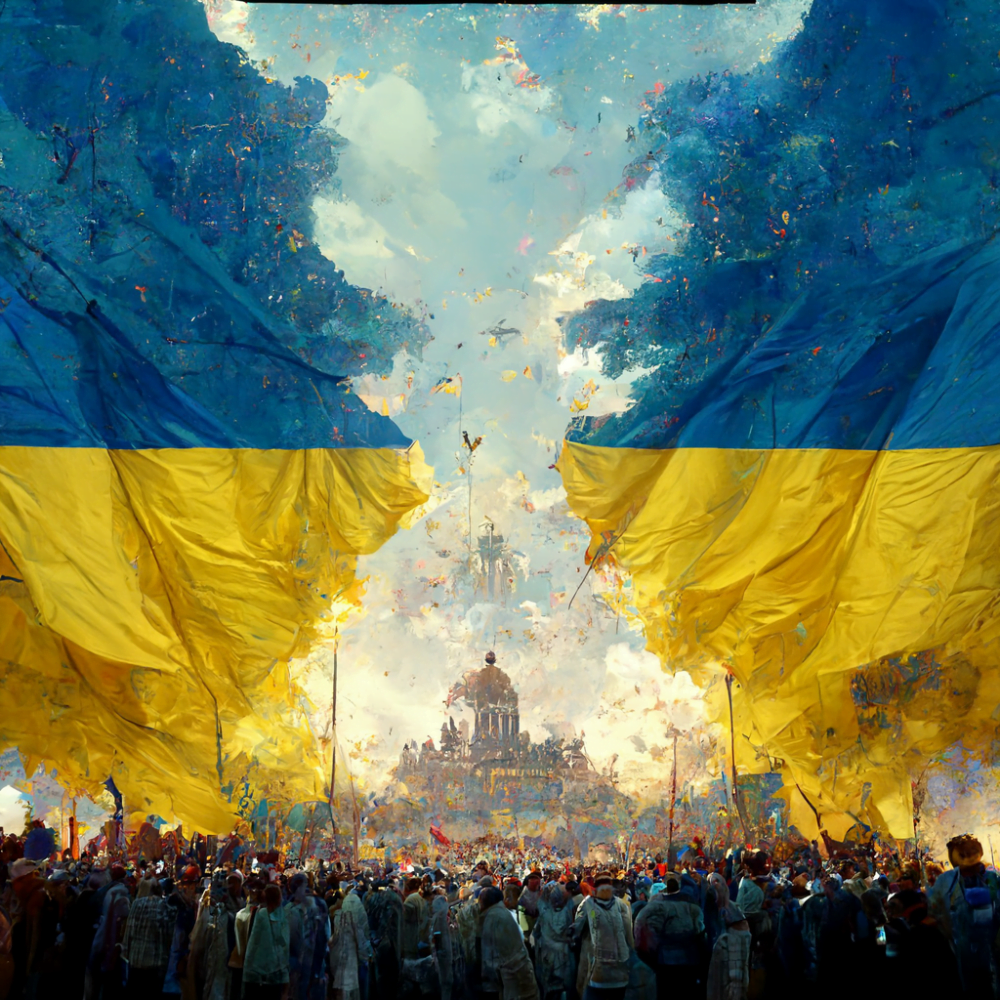
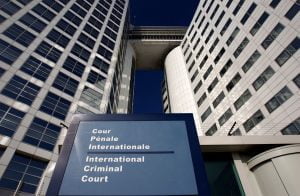
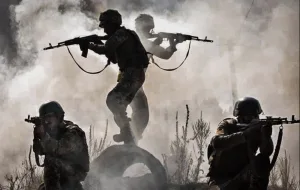
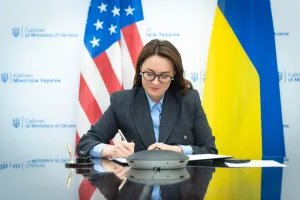
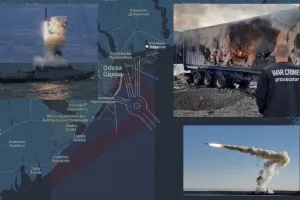
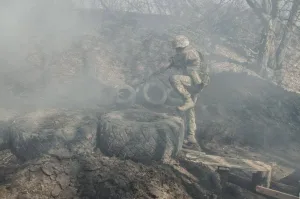
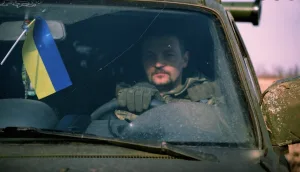
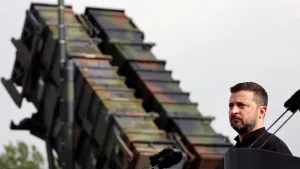
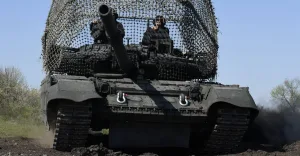
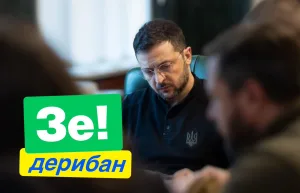
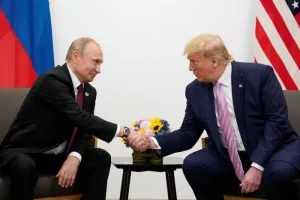
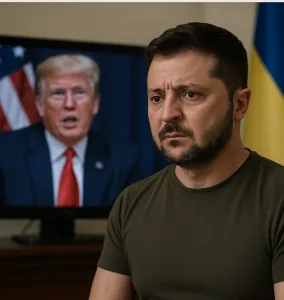
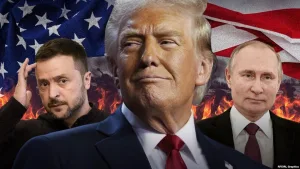
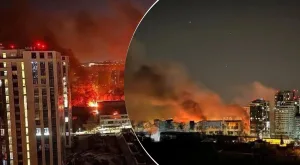
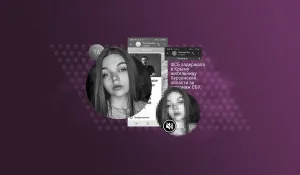
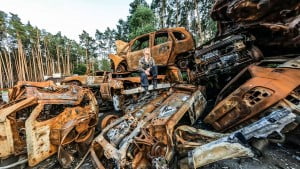
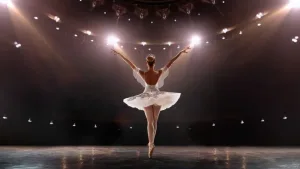
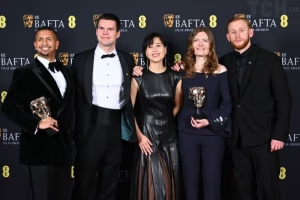
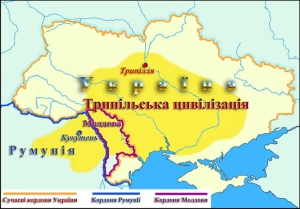
I will look for the film. Thank you for this article.